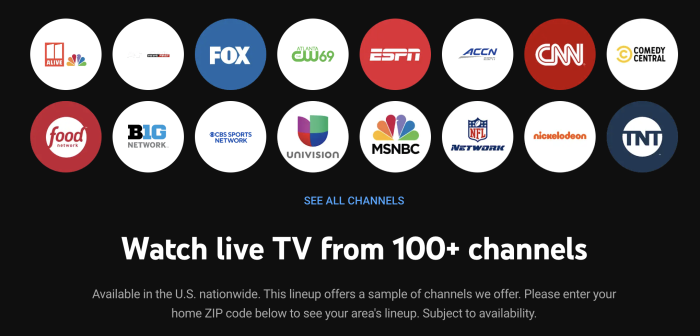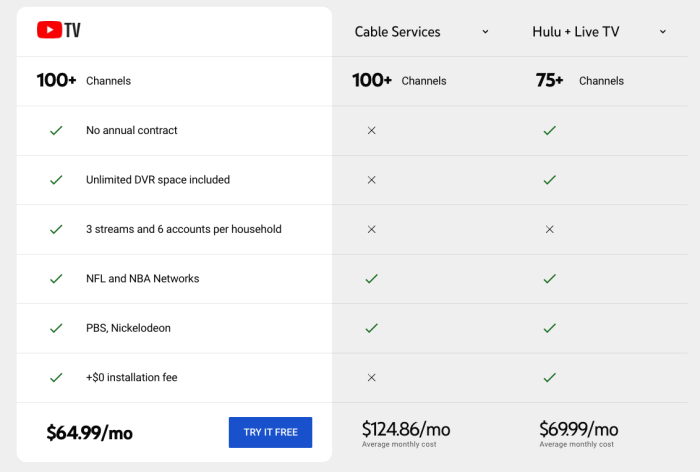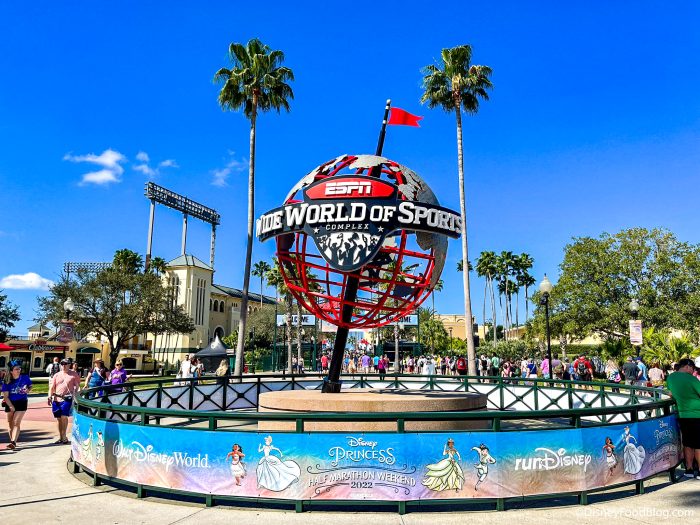Disney is no stranger to lawsuits, and it has been caught in the middle of quite a few lately.
Disney was sued by an investor to obtain documents related to the Company’s handling of the situation with Florida’s Parental Rights in Education bill. Plus a Park Pass lawsuit has been filed by Annual Passholders against Disney, Disney was sued over the Genie+ system, and a million-dollar lawsuit was filed against Disney by Magic Key holders too. Now it seems Disney is involved in another lawsuit — this time related to streaming.
According to Reuters, some consumer antitrust cases have been filed against Disney. These focus on Disney’s ownership of ESPN, which is part of the base package for a YouTube TV subscription. (The cases are Biddle v. The Walt Disney Co, U.S. District Court for the Northern District of California; and Fendelander v. The Walt Disney Co, U.S. District Court for the Northern District of California.)
The Plaintiffs have alleged that Disney’s ownership of ESPN has given the Company the power to “set a price floor” when it comes to TV streaming. Specifically, they allege that they’re paying MORE for their subscriptions than they otherwise would have to if ESPN wasn’t part of the base package.
The plaintiffs’ lawyers have said that about 5 MILLION YouTube TV subscribers are paying these “anticompetitive inflated” fees. And they indicated that “many consumers would prefer a base package that does not include ESPN and costs meaningfully less.” YouTube TV currently costs $64.99.
This isn’t the first time Disney has clashed with YouTube TV. Back in 2021, they had a debate over the agreement to carry ESPN. According to Reuters, “YouTube said then it would provide a subscription without ESPN and other Disney-owned channels for $15 less than what it was charging.”
The “purported” class action lawsuits were filed in California back in December by 9 plaintiffs. But Disney claims that the plaintiffs “misconstrue basic antitrust and economic concepts.”
Disney’s attorneys have argued that the plaintiffs have failed to display “a relevant antitrust market in which competition was harmed.” They’ve also argued that “the antitrust laws exist to protect competition, not individuals.”
Disney’s attorneys have pointed to a previous ruling in a court that said that buying products you don’t want “is not itself an injury to competition” even if it results in “reducing consumers’ choices or increasing prices to consumers.”
Again, as we mentioned above, the cases themselves are not new (they were filed in 2022), so what’s the latest update? Disney’s lawyers have asked a U.S. judge to dismiss the pair of consumer antitrust cases. Reuters shares, “U.S. District Judge Edward Davila in July will consider Disney’s bid to end the cases.”
We’ll continue to keep an eye out for updates and let you know what we find.
Click here to see 4 times Disney lost MILLION-DOLLAR lawsuits
Join the DFB Newsletter to get all the breaking news right in your inbox! Click here to Subscribe!
What do you think about this lawsuit? Tell us in the comments.







 Our handy (and portable!) ebook guides make sure you get the best deals and can plan a vacation of a lifetime.
Our handy (and portable!) ebook guides make sure you get the best deals and can plan a vacation of a lifetime.

TRENDING NOW
Here are a few things we never thought we’d buy in Disney World, but they...
Looking for the best shoes for Disney World? We have a few great options for...
This Magic Kingdom restaurant has been on FIRE lately.
We rounded up some of the best Disney-themed merch on Amazon so you don't have...
If you don't watch out for this reoccurring Disney World hotel issue, you might have...
This could be why Magic Kingdom's Big Thunder Mountain Railroad will be closed for over...
New updates on Pop Century Resort at Disney World!
Well, Disney, this is certainly an odd choice to make ahead of this attraction's closure...
Trattoria al Forno on Walt Disney World's BoardWalk offers classic and innovative Italian food like...
Tiendita is now open in Downtown Disney!
Disney just shared a sneak peek behind the scenes at some exciting new rides coming...
Let's check out the Disney World restaurant menu changes this week!
We're trying the NEW menu at Trattoria al Forno in Disney World. Read our full...
We're trying even MORE treats at the Disney California Adventure Food & Wine Festival.
Disney Adults, let's talk about some unspoken rules you'll need to follow when you meet...
When you go to Disney World, you're going to stand in line -- but not...
Are you feeling GREEN? We know where you can celebrate St. Patrick's Day in Disney...
You can save money on your Disney World tickets and we've got all the details...
We rounded up the best matching Disney World tees on Amazon so you don't have...
So many changes are coming to Disney World in 2025, and your chance to ride...